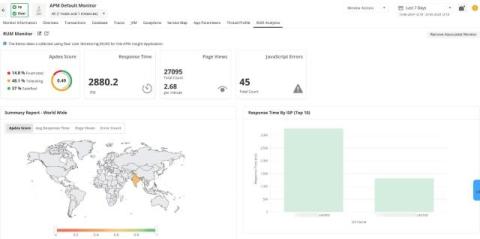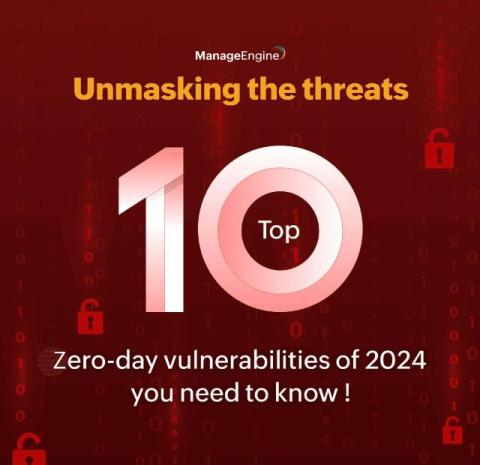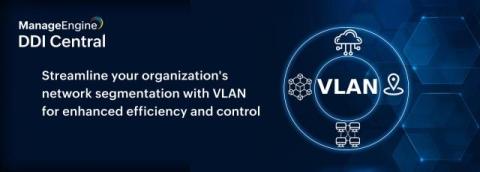Introducing the RUM analytics dashboard in Applications Manager
We’re excited to announce the new RUM analytics dashboard in Applications Manager, integrating Real User Monitoring (RUM) with Application Performance Monitoring (APM Insight). This enhancement provides a unified view of server-side and client-side performance metrics, streamlining application monitoring and troubleshooting.











